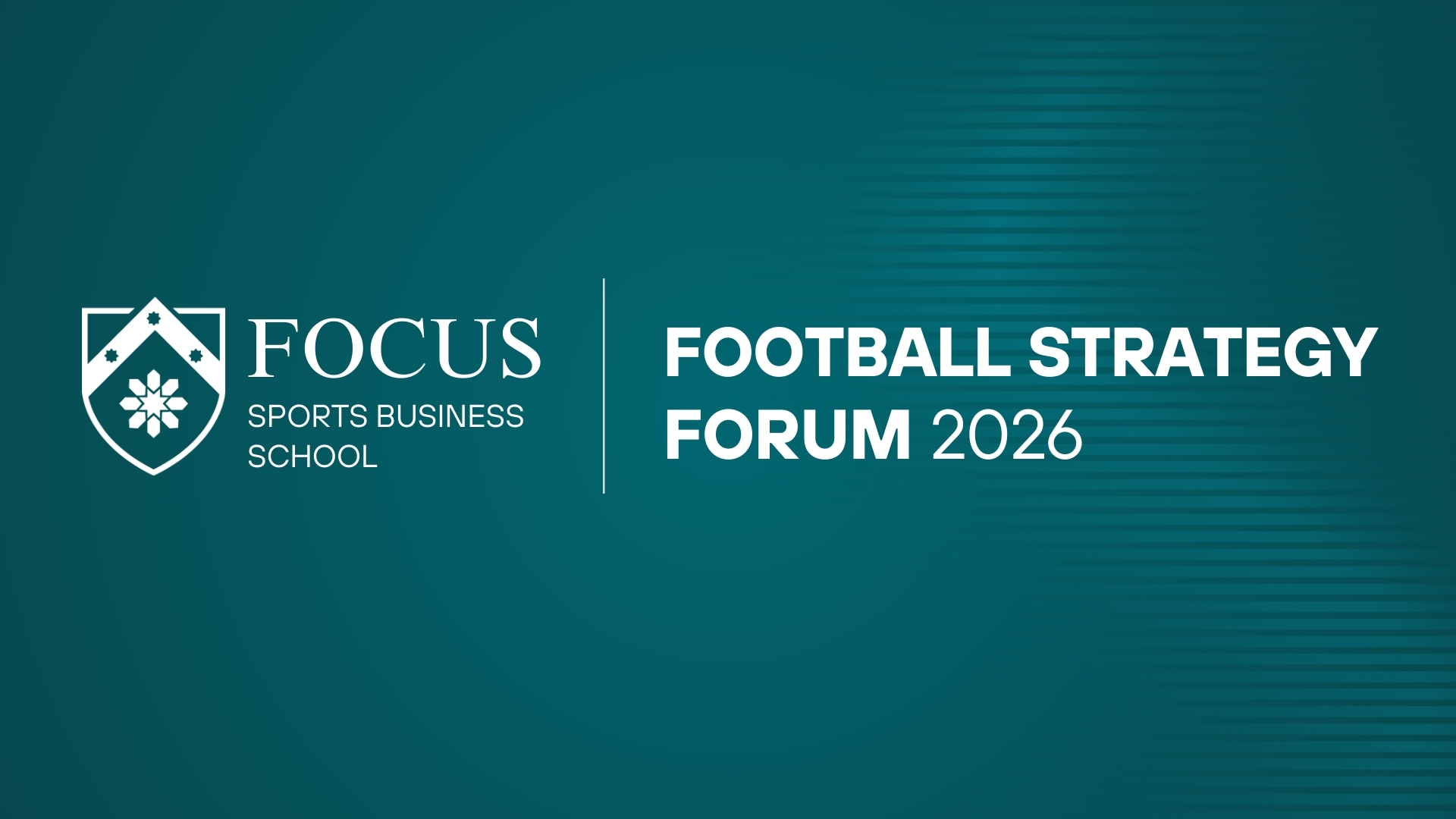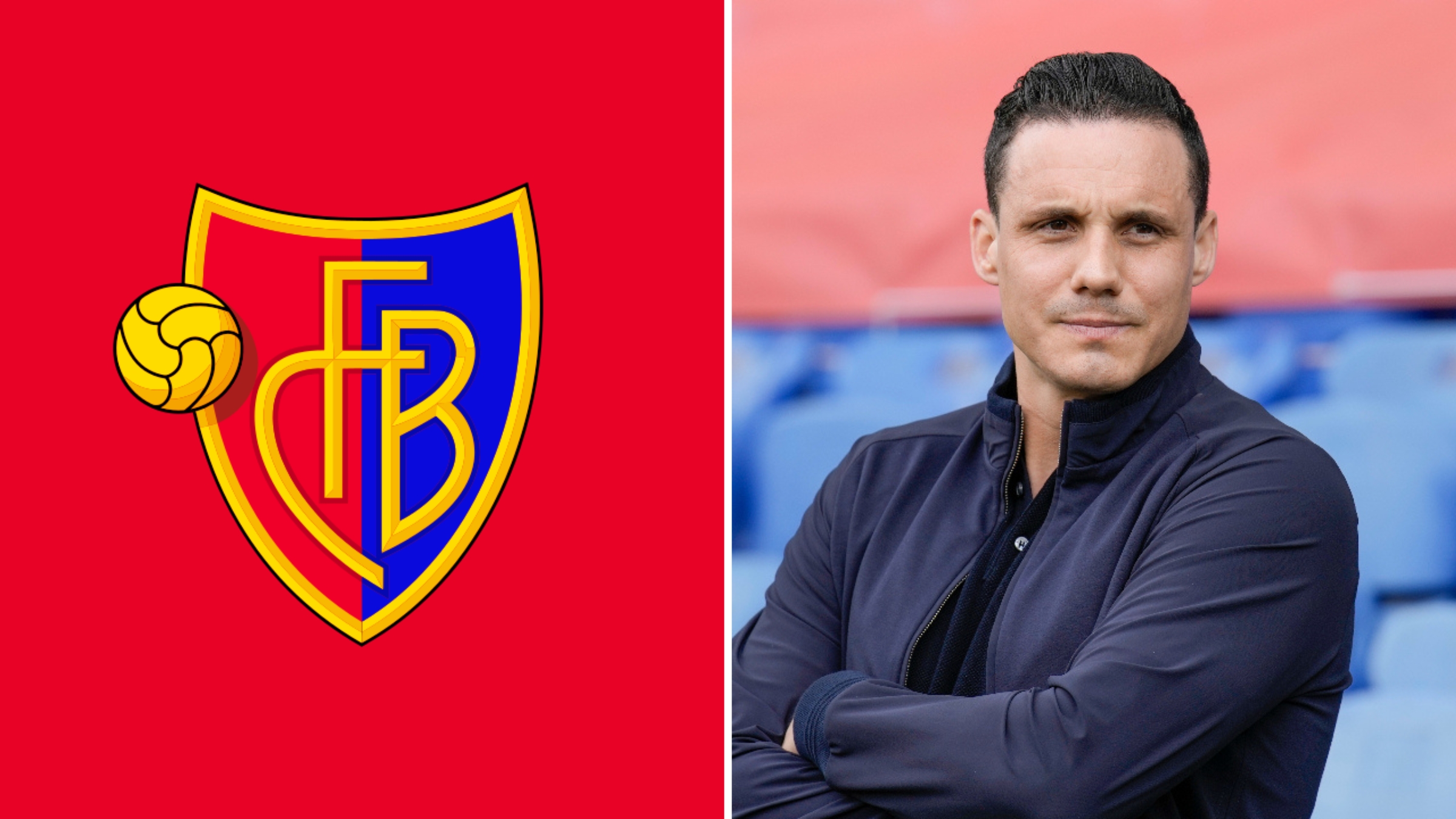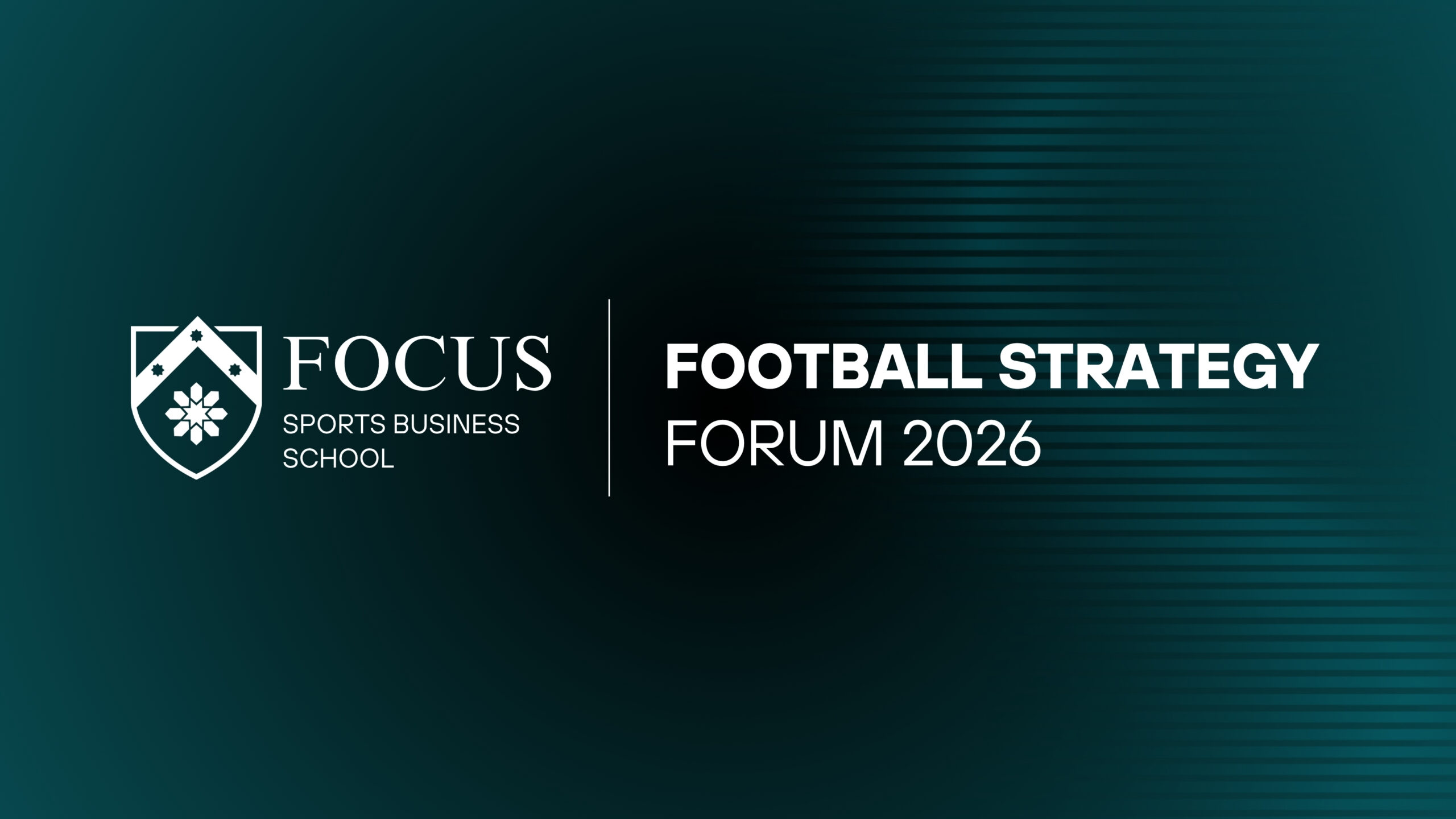A case study on balancing player trading, sustainability, and sporting identity.
From 2001 to 2017, FC Basel dominated Swiss football. Under the leadership of Bernhard Heusler and Georg Heitz, the club won 12 of 16 league titles and established itself as a regular in the UEFA Champions League. This golden era ended in 2017, when Bernhard Burgener took over ownership and shifted the strategy towards developing local talent. The change coincided with the loss of the league title after eight consecutive triumphs, marking the start of a more turbulent period.
Basel’s business model relied heavily on Champions League participation. Without this income, financial imbalances quickly emerged – a vulnerability exposed during the COVID-19 pandemic, when FC Basel reported losses of around CHF 20 million. The club then faced leadership turmoil, culminating in David Degen’s takeover in 2021 after a public dispute with Burgener.
The starting point
When Degen assumed control, he inherited a club struggling on the pitch and burdened by an oversized structure on both the sporting and business sides. At the same time, UEFA’s Champions League reforms reduced qualification opportunities for clubs from smaller leagues like Switzerland, further limiting Basel’s access to critical revenues. Against this backdrop, a recovery strategy was unavoidable. This report explores the key lessons from Basel’s transformation since Degen’s takeover and reflects on what might have been done differently.
Cost discipline and organizational restructuring
The new ownership’s top priority was to reduce Basel’s financial gap, as they were unwilling to cover large losses from personal funds. The strategy focused on two levers: phasing out expensive player contracts and streamlining the business organization by reducing staff. These measures were necessary to build a more sustainable club.
However, the execution appeared chaotic and poorly communicated. From the outside, it created an impression of unstructured change, leaving many employees dissatisfied and fueling public mistrust toward the new ownership group. A more disciplined approach to change management, stronger stakeholder engagement, and greater transparency could have significantly improved both the perception and the impact of these reforms.
Player trading as a revenue model
At the same time, Degen recognized the untapped potential of player trading as a core income stream. With limited flexibility, Basel’s recruitment strategy shifted to loaning young talents with purchase options. The idea was to develop these players quickly, exercise the option, and then resell them at a profit.
Since 2021, Basel has executed 183 transactions (including loans, permanent transfers, and returns) across nine transfer windows, averaging more than 20 per window. This aggressive approach delivered over €77 million in trading profits, helping the club move toward a more sustainable financial future. Notable examples include:
- Riccardo Calafiori → Bologna (€24.5m)
- Thierno Barry → Villarreal (€20m)
- Zeki Amdouni → Burnley (€18.6m)
- Dan Ndoye → Bologna (€16.5m)
- Andy Diouf → RC Lens (€14m)
- Renato Veiga → Chelsea (€14m)
These successes highlight the financial value of the model and underline player trading as a central pillar of Basel’s strategy. Importantly, Degen also negotiated strong sell-on clauses, allowing Basel to benefit further when players moved to even bigger clubs.
Limits of the model and areas for improvement
While Basel achieved several high-profile transfer successes, many deals failed to deliver the expected value. Numerous players joined, struggled to establish themselves, and left shortly after. This highlights the need to further strengthen scouting and recruitment processes, including the systematic use of data to support decision-making.
In addition, the high trading volume calls for a clear loan strategy for young talents. A dedicated role could evaluate each player’s situation and decide whether a loan move would provide the best pathway for development when first-team opportunities are limited. Brighton & Hove Albion provide a strong example of how structured pathways and strategic loan placements can maximize both player growth and long-term asset value.
Sporting consequences
Although the financial recovery was successful, sporting progress did not follow. Drawing on his background as a player agent, David Degen applied a talent-first logic: focusing on individual prospects rather than the broader requirements of building a cohesive team. This overlooked the fact that long-term sporting success requires continuity, cohesion, and identity.
The constant player turnover further undermined stability. With squads changing almost entirely from season to season, it became impossible to build consistency or a clear playing style. At the same time, Degen’s impatience intensified the problem: he expected both rapid trading profits and immediate results. In practice, this proved unrealistic and contributed to a high turnover of head coaches (eight since his takeover) sometimes changing several times within a single season. The result was a financially stabilized but sporting underperforming club.
Strategic adaptation and revival
Over time, it became clear that Basel’s strategy required adjustment. Earlier sporting directors had limited influence, but this changed in 2024 with the appointment of Daniel Stuck as sporting director. A former head of the youth academy, Stuck broadened the approach: the club continued investing in young international talents, while also re-establishing a clear pathway for academy graduates and bringing back experienced leaders such as club legend Xherdan Shaqiri.
This balanced model echoed Basel’s most successful era, when squads combined academy talents, returning senior players, and selected international reinforcements. Entering the 2024/25 season with more realistic expectations and reduced external pressure, the club rediscovered its competitive edge. Driven by Shaqiri’s standout performances and helped by inconsistent rivals, Basel captured its first league title in eight years, completing the season with a historic double.
Lessons from FC Basel
The case of FC Basel offers valuable lessons for football clubs and organizations alike. First, it demonstrates how player trading can provide a powerful pathway to financial sustainability, particularly for clubs in smaller leagues. Well-structured contracts with strong sell-on clauses can unlock long-term revenues and should be a standard element of any transfer strategy.
At the same time, Basel’s experience highlights the difficulty of managing financial recovery and sporting revival simultaneously. Stabilizing finances through trading is one achievement; translating that into consistent success on the pitch requires patience, continuity, and a broader team-building vision. The case underlines the importance of balancing short-term financial imperatives with long-term sporting identity.
Finally, the leadership journey shows how crucial effective change management, transparent communication, and stakeholder engagement are in periods of transformation. Without these, even necessary reforms risk creating mistrust and instability. Basel’s eventual revival (built on strategic adaptation, academy integration, and experienced leadership) illustrates that sustainable success emerges when financial discipline and sporting culture are aligned.
Check out our upcoming programs
- FOCUS MBA in Football Strategy & Leadership — A global executive program equipping leaders to build a progressive sporting structure that delivers results on and off the pitch.
- FOCUS MBA in Sporting Directorship — A global executive program focused on leadership, recruitment, and long-term football strategy.
- Mini MBA in Sporting Directorship — An 8-week intensive program covering the essentials of modern club management.









